"From hell to heaven": A refugee family's medical odyssey from Iraq to New York
From hell to heaven.
That is how Naser Albarazanchi described his family’s medical odyssey as they fled war-torn Iraq and emigrated to the U.S.
The hell was being told by doctors in Iraq to give up hope of saving his gravely ill son, Ahmed, whose rare genetic disorder left him so dehydrated his rib cage was clearly visible. It was watching helplessly as his other son died during the family’s harrowing refugee journey through the Middle East.
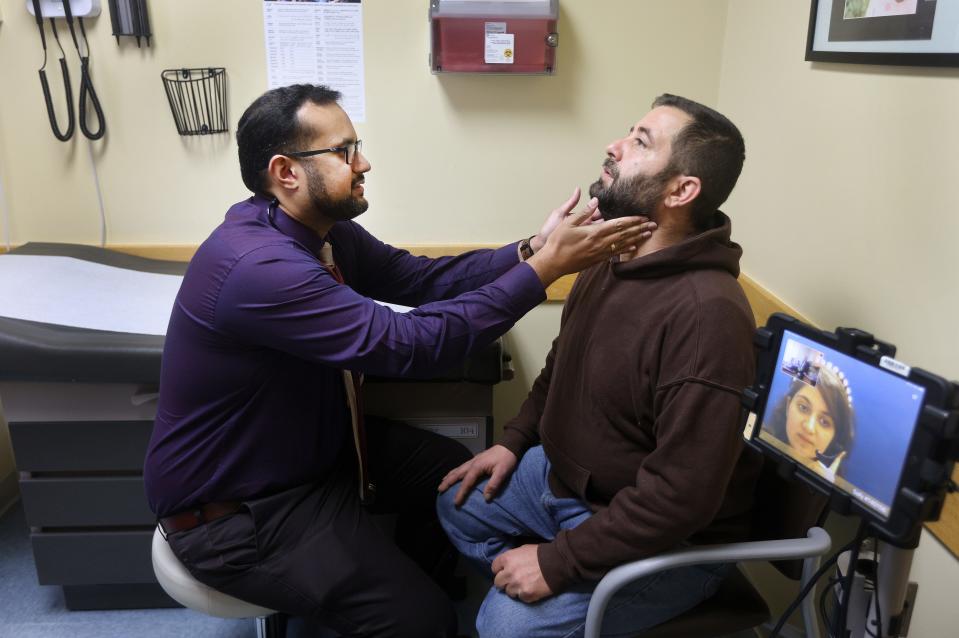
The heaven? That was getting life-saving treatment for Ahmed within days of their family arriving in New York in 2020. It was the team of doctors and multi-lingual health care navigators caring for his family at The Center for Refugee Health, a primary care clinic in Rochester serving more than 1,100 refugees per year.
And, in many ways, the miraculous outcome underscored why thousands of asylum seekers and refugees risk their lives in hopes of reaching New York, Albarazanchi said last week at the clinic through a translator.
“I share my story so that everybody can know,” he said, wiping away tears. Spotlighting the truth, he added, is crucial to combat rumors and misinformation surrounding immigration as New York and the nation navigate myriad international crises.
Costs rise for asylum seeker care How much is NYS spending on asylum seeker care as shelter costs rise?
How asylum seekers get health care in New York
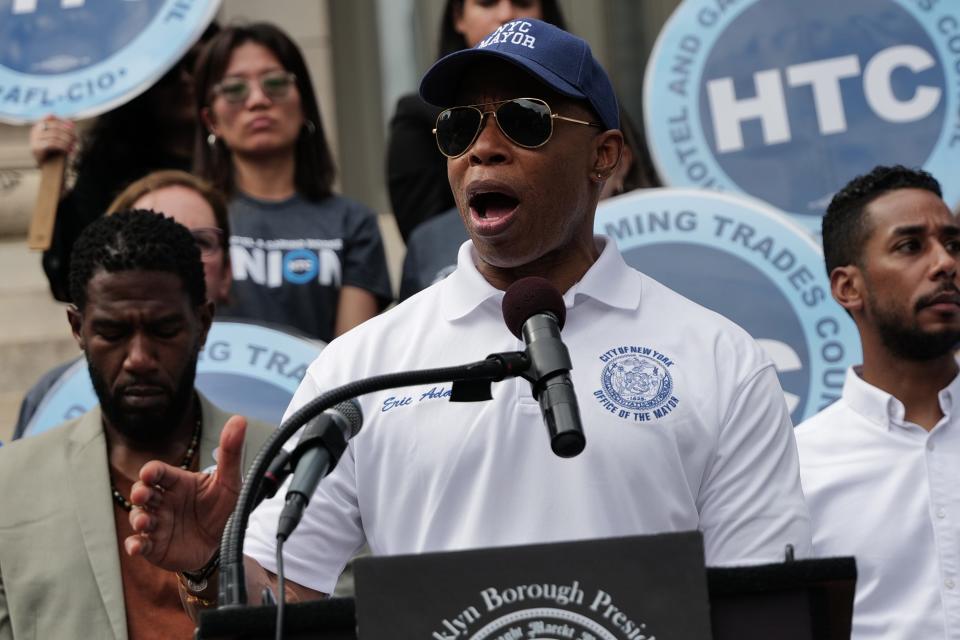
Health care services for migrants arriving in New York have come under scrutiny this year, as New York City struggled to shelter and care for more than 100,000 asylum seekers. That included about 2,100 migrants bussed to hotels in counties across upstate.
State inspectors recently visited the hotels, including in Westchester, Monroe, and Orange counties, and found migrants had access to medical care and related services, such as baby safe-sleeping education and menstrual products, Office of Temporary Disability Assistance records obtained by USA TODAY Network show.
Settling asylum seekers upstate? NYC moved about 2.2K asylum seekers to upstate NY. Have those efforts stalled? What we know
Those medical services are being paid in part through New York City’s $432 million contract with for-profit company DocGo to provide various services — including health care — to asylum seekers.
Inspectors also recommended city officials improve reporting to the state of serious incidents involving migrants, such as infectious-disease cases or times when police or fire personnel are called, records show.
What is the difference between asylum seekers and refugees?
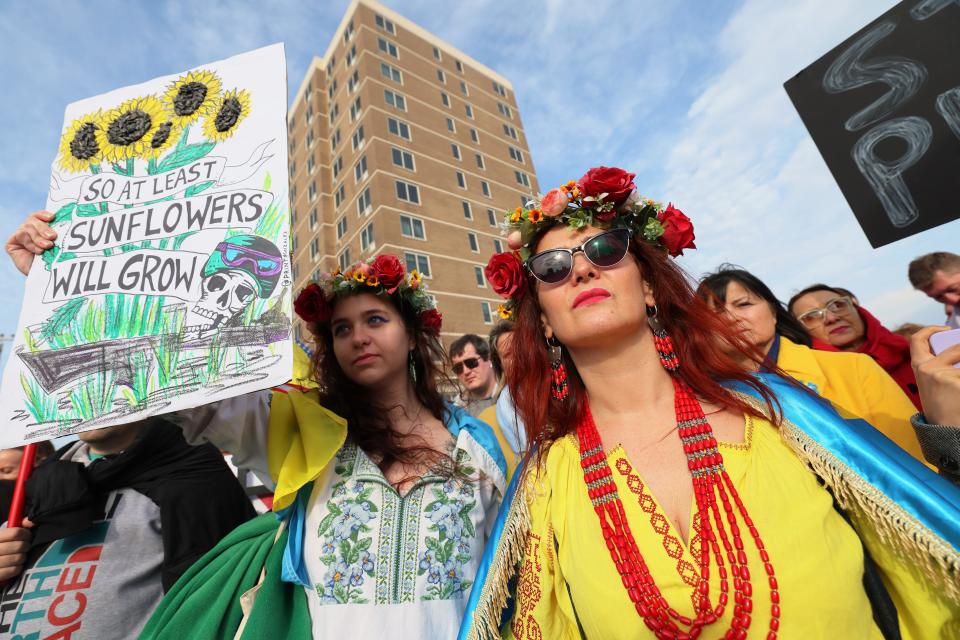
At the same time, health care services are provided to thousands of refugees across the state through a variety of other nonprofit efforts and government programs, in part, because refugees have different federal status than asylees.
In other words, authorities must determine that migrants are unwilling or unable to return to their native country due to persecution or a well-founded fear of persecution on account of race, religion, nationality, membership in a particular social group, or political opinion.
Refugees apply for that status before arriving in the U.S., typically waiting years before getting approval. Asylum seekers apply for it after arriving in the country.
How many refugees are in New York?
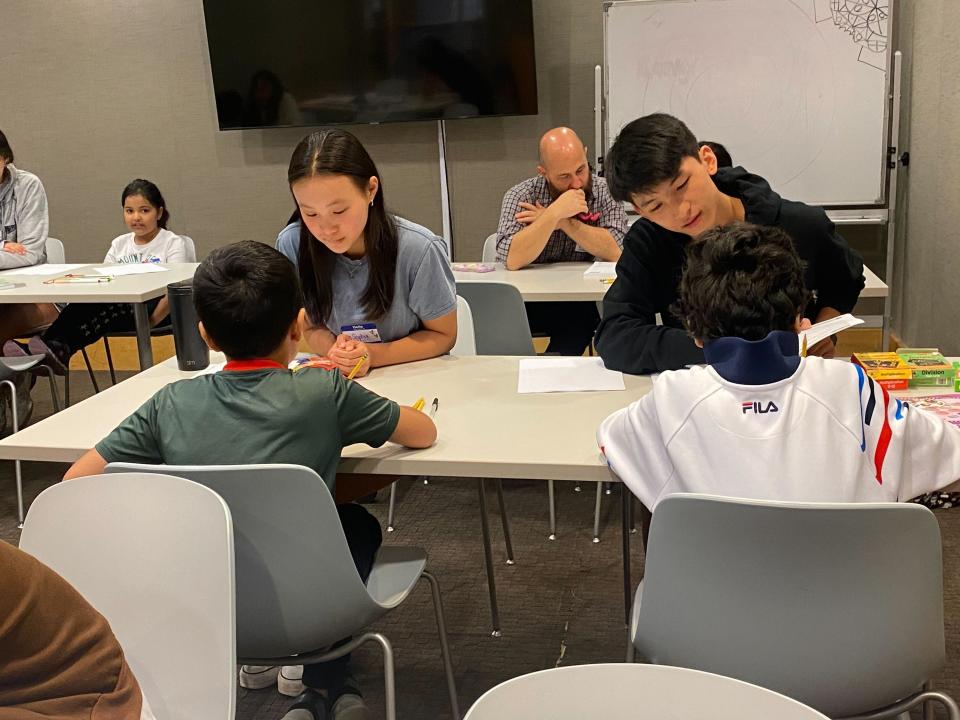
Over the past decade, New York has received nearly 27,000 refugees, ranking it third-highest total in the country, according to a recent Immigration Research Initiative report. Nationally, nearly 459,000 refugees arrived during that span.
But in terms of per capita, New York ranks 29th at 134 refugee arrivals per 100,000 state population. Like other lawfully present immigrants, refugees are eligible for a variety of health care services, including through Medicaid and Medicare with certain restrictions.
The majority of refugees resettled in New York, about 90%, are in upstate counties, with Monroe, Oneida, Onondaga, Erie, Albany being the top five recipients in 2022.
Refugee family found hope in New York's medical care
Doctors in Iraq, Turkey and Jordan struggled to treat Albarazanchi’s son, Ahmed, whose condition was ultimately diagnosed via blood tests sent to Germany.
The testing found Ahmed had Metachromatic leukodystrophy, or MLD, a genetic disorder that attacks the nervous system and can cause pain, seizures, feeding problems and other serious symptoms.
Within days of arriving in Rochester, Ahmed was transferred to Strong Memorial Hospital for 30 days of intensive treatments, tube feeding and medication. Now 13, he has stabilized at 47 pounds after gaining 22 pounds.
“He is in a stable situation, and we don’t have to go every two or three days to the emergency room,” Albarazanchi said. “All is because they put him on the correct path.”
Having overcome the fear of resettling his family in Rochester suburb Irondequoit during the pandemic and finally securing the proper care for his son, Albarazanchi, 42, has turned his focus to work.
An electrical engineer by trade, he passed the written test needed to work in the industry in New York. He is currently studying for the practical exam, while working full-time in a Wal-Mart meat and produce department.
Addressing his pursuit of the American dream, Albarazanchi added: “We came to the United States, and we saw ourselves — this is the top country.”
How one New York community cares for refugees
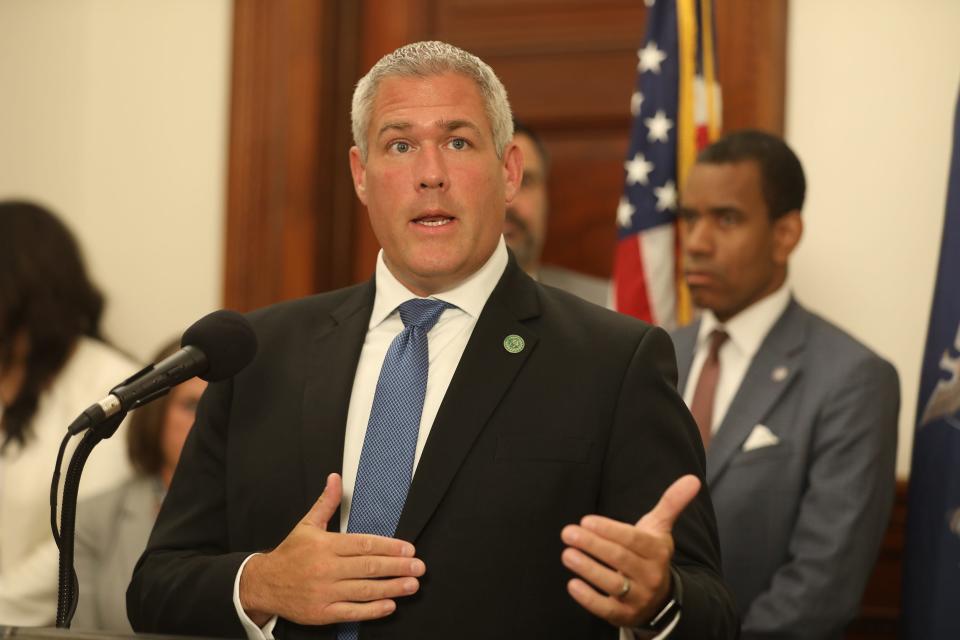
Rochester faced a refugee health care crisis in 2008, as two local primary care providers closed their doors to new refugees because of the financial burden of providing services. One provider also went bankrupt while caring for about 3,000 refugees.
At the time, New York Health Foundation awarded a nearly $173,000 grant in 2009 to Rochester General Hospital to help ensure refugees had access to primary care.
In 2014, Rochester Regional Health, the parent network of Rochester General Health, also opened the refugee clinic, which has since become a model for connecting resettled migrants with adequate health care.
“We're in the refugee crisis right now around the world, and there's a high need for the work that we do here in the United States, and the work that we do here at the Center for Refugee Health,” clinic physician Dr. Nidun Daniel said.
And the ongoing struggle to care for asylum seekers arriving in New York City, he added, illustrates the scope of need and complex barriers to care like Albarazanchi’s family receives.
“I would like these same services available to everyone,” Daniel said.
“Where we’re born into — the circumstances — we don’t choose,” he added. “Everybody should have a right for access to health care.”
Chris McKenna of the USA TODAY Network contributed reporting.
This article originally appeared on Rockland/Westchester Journal News: Iraqi refugee family's perilous journey to Rochester for medical care

